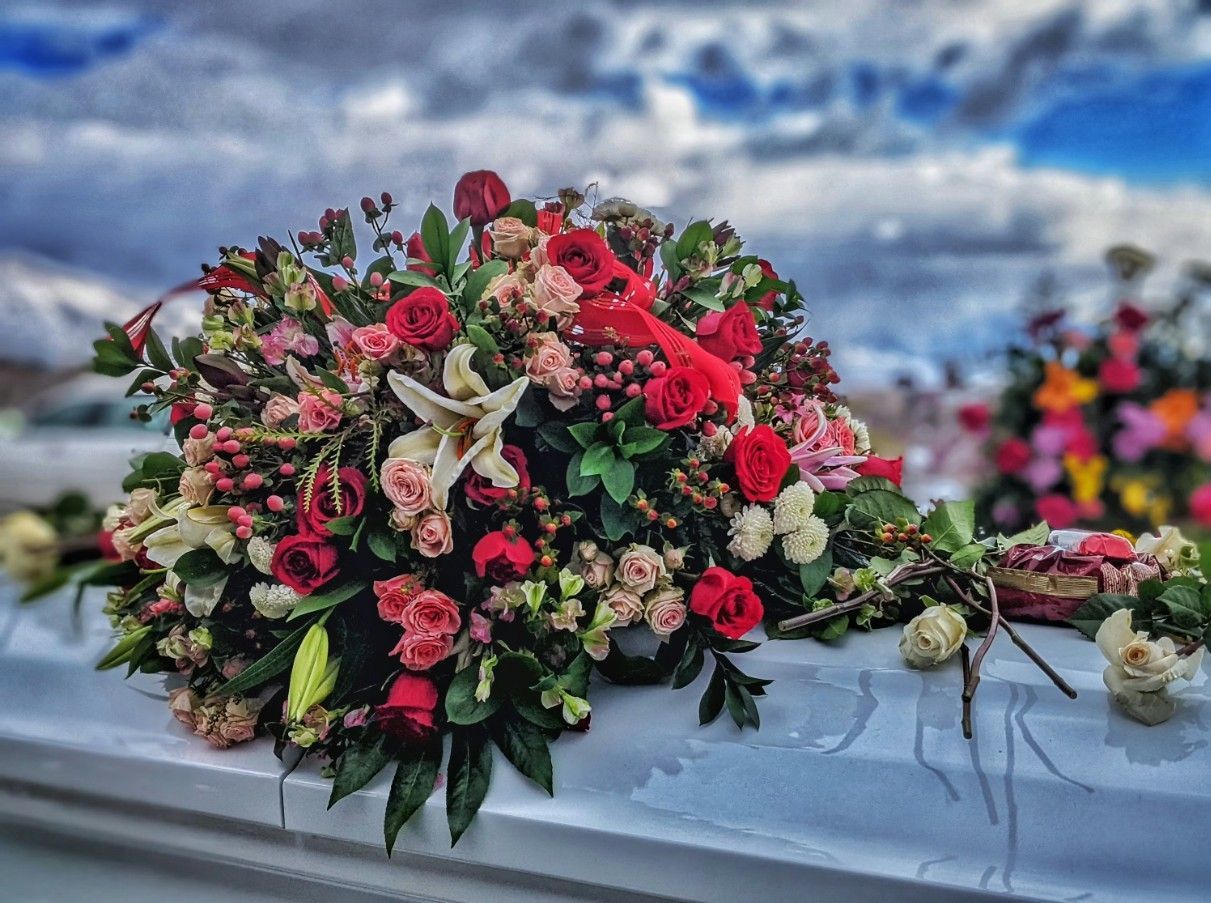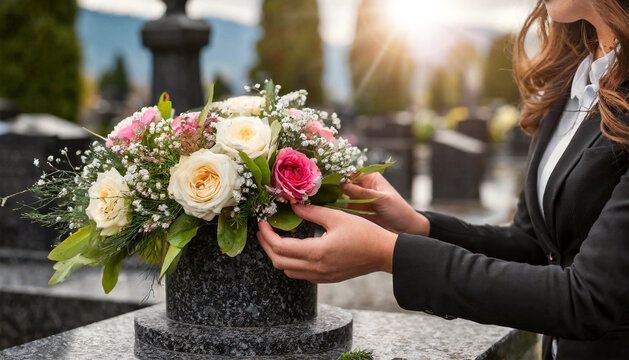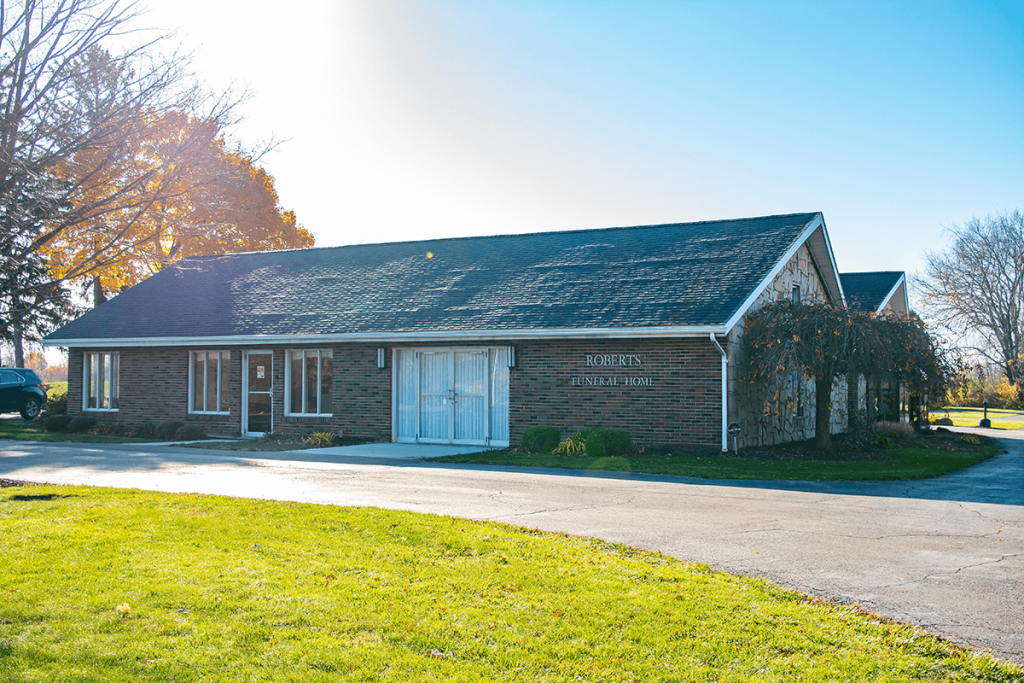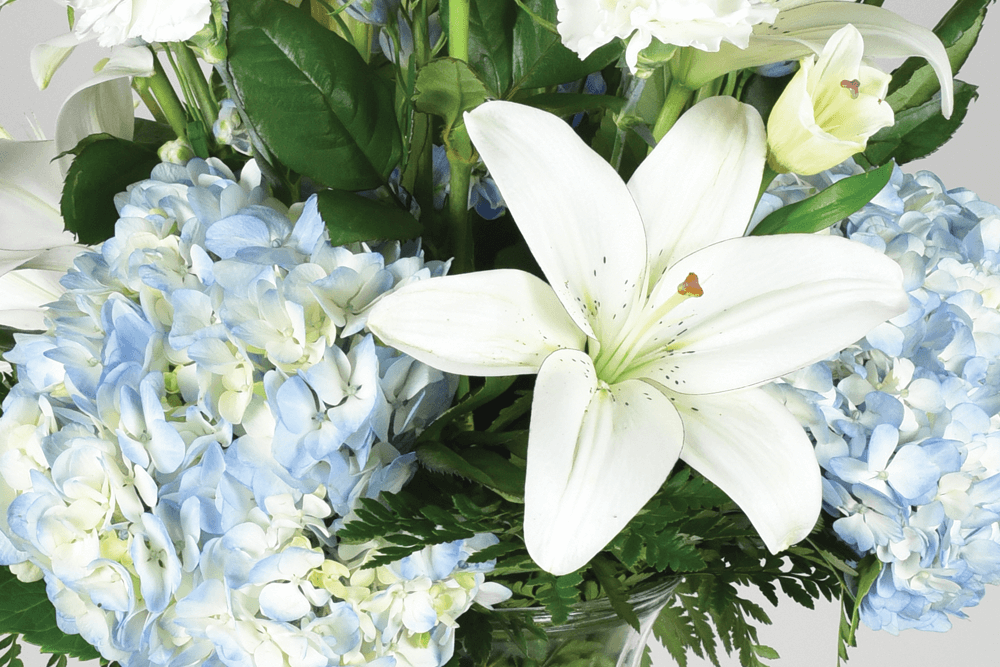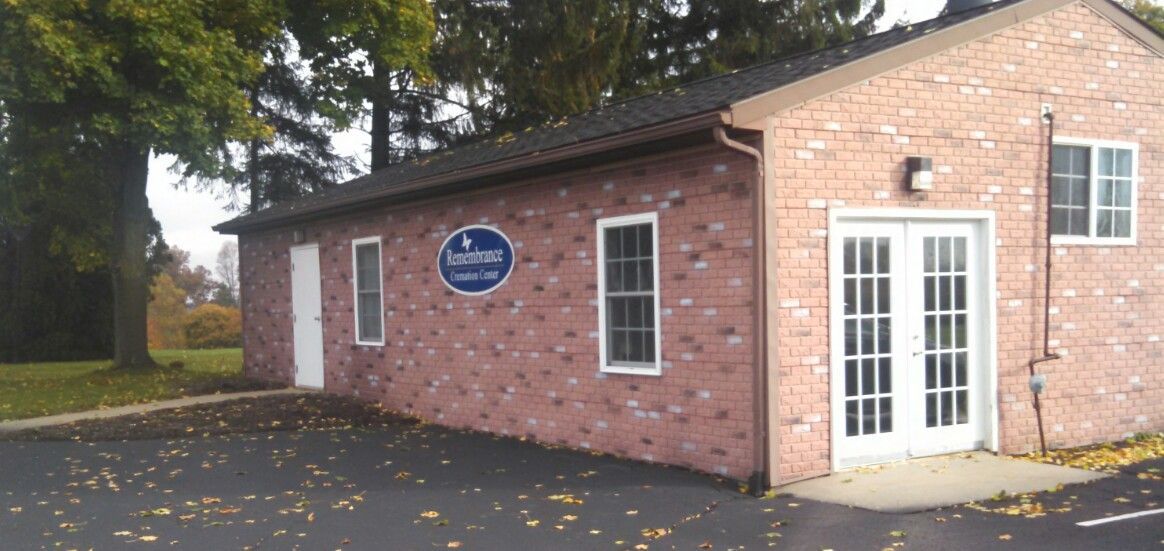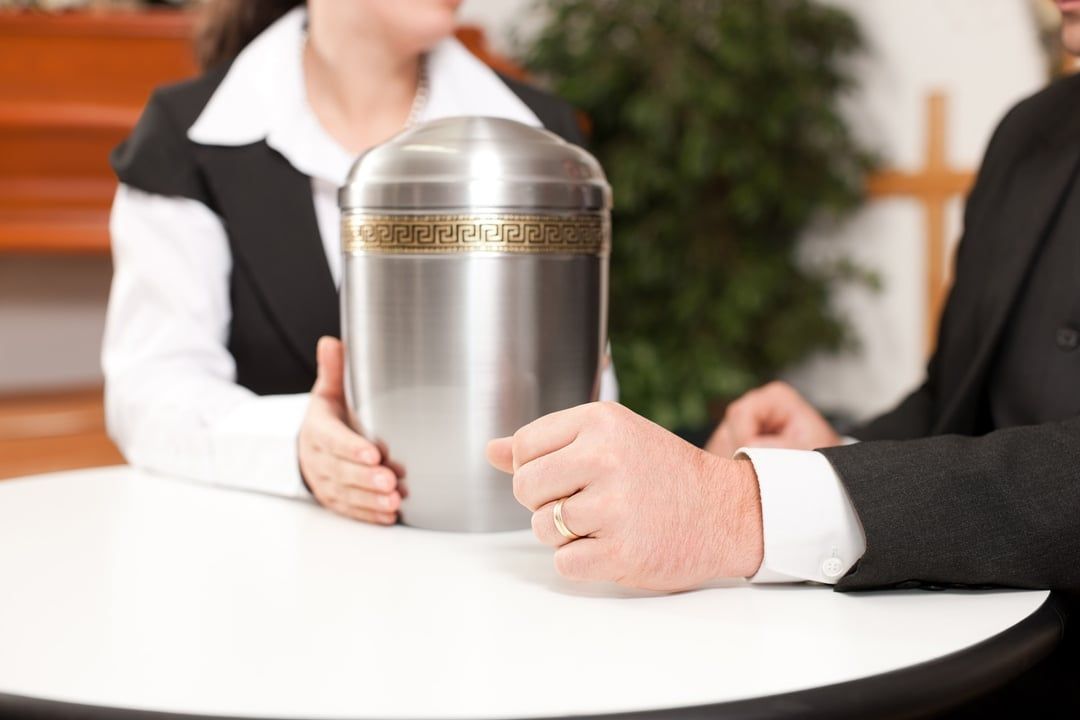Why Family-Owned Funeral Homes Make a Difference
What Sets our Family-Owned and Operated Funeral Home Apart?

1. Personalized Service That Feels Like Home
Family-owned funeral homes are built on relationships, not policies. At Roberts Funeral Home, our team lives and works in the same community we serve. We know your traditions, values, and faith—and we treat every family like our own.
Choosing a local, family-run funeral home means:
- Tailored funeral and cremation services to honor your loved one
- A deeper understanding of your culture, religion, and community traditions
- Care that comes from the heart, not a corporate script
2. Familiar Faces and Lasting Trust
One of the most comforting parts of working with a family-owned funeral home is the continuity. At Roberts Funeral Home, you’ll see the same caring staff year after year—people you’ve grown to know and trust.
This consistency means:
- You're not treated like a number
- We remember your story and what matters most to you
- You receive reliable care before, during, and after the service
3. A Legacy You Can Trust
Today, it’s more common than you might think: large corporations purchase well-known funeral homes and continue using the family’s name—often without the family involved at all. The name stays the same, but the personal touch and long-standing values behind it are gone.
That’s not the case at Roberts Funeral Home.
We’ve never sold our name or our legacy. Our funeral home has always been owned and operated by a member of the Roberts family—and always will be.
What that means for you:
- Our family name stands for something real—because we’re still the ones behind it
- You’re served by people who built this business, not a company that bought it
- Our traditions, values, and commitment to care are passed down—not handed off
- You can trust that the compassionate service we’re known for is still deeply personal
When you choose Roberts Funeral Home, you’re choosing an unbroken legacy of family service—rooted in truth, not marketing.
